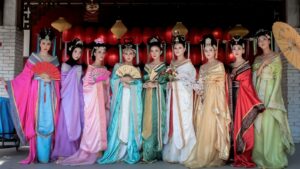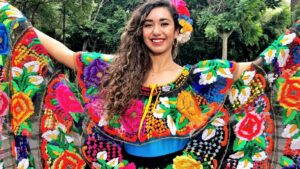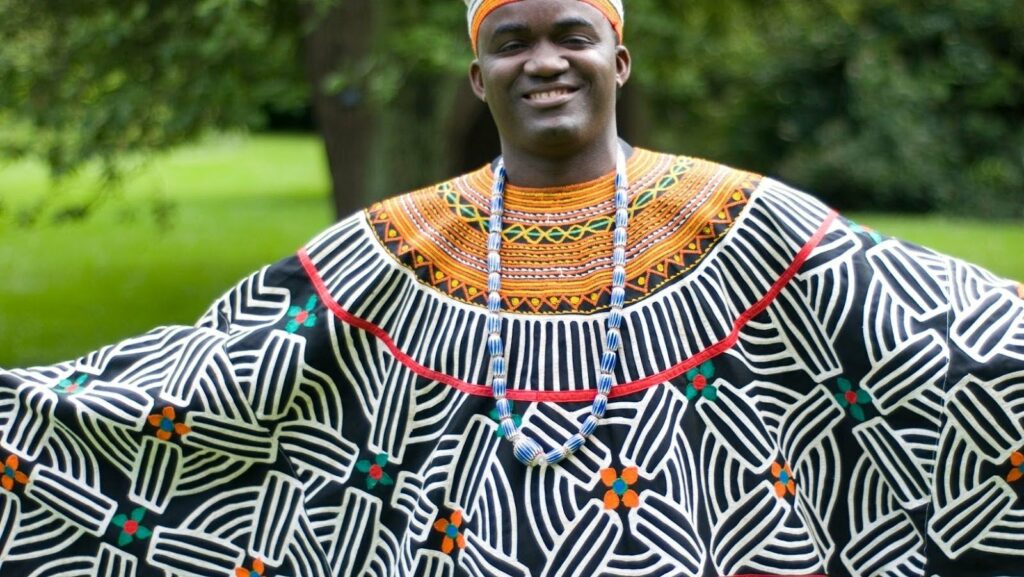In the world of fashion, ethical dress has become a significant trend that’s here to stay. Consumers are increasingly mindful of the environmental and social impact of their clothing choices. From sustainable materials to fair labor practices, ethical dress encompasses a range of considerations that go beyond just style. More and more, people are seeking out brands that prioritize transparency and ethical production methods. This shift towards conscious consumption is reshaping the fashion industry, prompting both established labels and emerging designers to rethink their approach. By choosing ethical dress, individuals can make a positive difference while still looking stylish and on-trend.
Ethical Dress

Embracing ethical dress entails making informed choices regarding clothing that consider both the environmental and social implications. The fashion industry has witnessed a significant shift towards sustainable practices and transparency, driven by consumer awareness of the impact of their clothing choices. This movement advocates for the use of eco-friendly materials and fair labor conditions, urging brands to align with these values. Designers, both established and emerging, are reevaluating their production processes to meet the demands of conscious consumers, allowing individuals to express their style while supporting ethical practices in the fashion world.
History of Ethical Fashion

The evolution of ethical dress concepts has been a response to growing consumer awareness of the environmental and social impacts of the fashion industry. From early initiatives focusing on fair trade practices to the current emphasis on sustainability and transparency, ethical fashion has seen significant developments over time.
Pioneering Fair Trade Practices
Ethical dress concepts first gained attention through the promotion of fair trade practices in the fashion supply chain. This movement aimed to ensure that producers in developing countries received fair wages and worked under safe conditions. Brands began to emphasize the importance of social responsibility and ethical sourcing to address labor exploitation.
Rise of Sustainable Fashion
As concerns about environmental sustainability escalated, the concept of sustainable fashion emerged. Designers started exploring eco-friendly materials such as organic cotton, recycled polyester, and ethically sourced leather to reduce the industry’s ecological footprint. This shift towards sustainability reflected a broader commitment to minimizing waste and promoting a circular economy in fashion.
Emphasis on Transparency and Accountability
With consumers demanding more information about the origins of their clothing, the industry witnessed a push towards transparency and accountability. Brands began disclosing their supply chain practices, manufacturing processes, and labor conditions to build trust with conscious consumers. Transparency became a crucial aspect of ethical fashion, fostering a culture of openness and responsibility within the industry.
Major Ethical Fashion Brands

Prominent Ethical Fashion Brands exemplify the fusion of sustainability and style, catering to consumers seeking eco-conscious clothing options. These brands prioritize ethical production practices, transparency, and environmental responsibility, resonating with individuals who value both fashion and ethics. Some of the leading Ethical Fashion Brands reshaping the industry include:
- Stella McCartney: Known for her commitment to sustainability, Stella McCartney’s brand prioritizes cruelty-free materials and ethical production processes. They focus on creating timeless pieces that are both fashionable and environmentally friendly.
- Patagonia: A trailblazer in sustainable outdoor apparel, Patagonia is renowned for its dedication to environmental activism and responsible manufacturing. They strive to reduce waste and promote fair labor practices across their supply chain.
- Reformation: Recognized for its chic designs and commitment to sustainability, Reformation incorporates eco-friendly materials and practices into each garment. Their transparency about production processes empowers consumers to make informed choices.
- Eileen Fisher: With a focus on simplicity and sustainability, Eileen Fisher promotes timeless designs made from organic and recycled materials.
These Ethical Fashion Brands serve as beacons of change in an industry often plagued by unsustainable practices, offering stylish alternatives that align with conscious consumer values. By supporting these brands, individuals can make a positive impact on both the environment and the lives of workers in the fashion supply chain.

